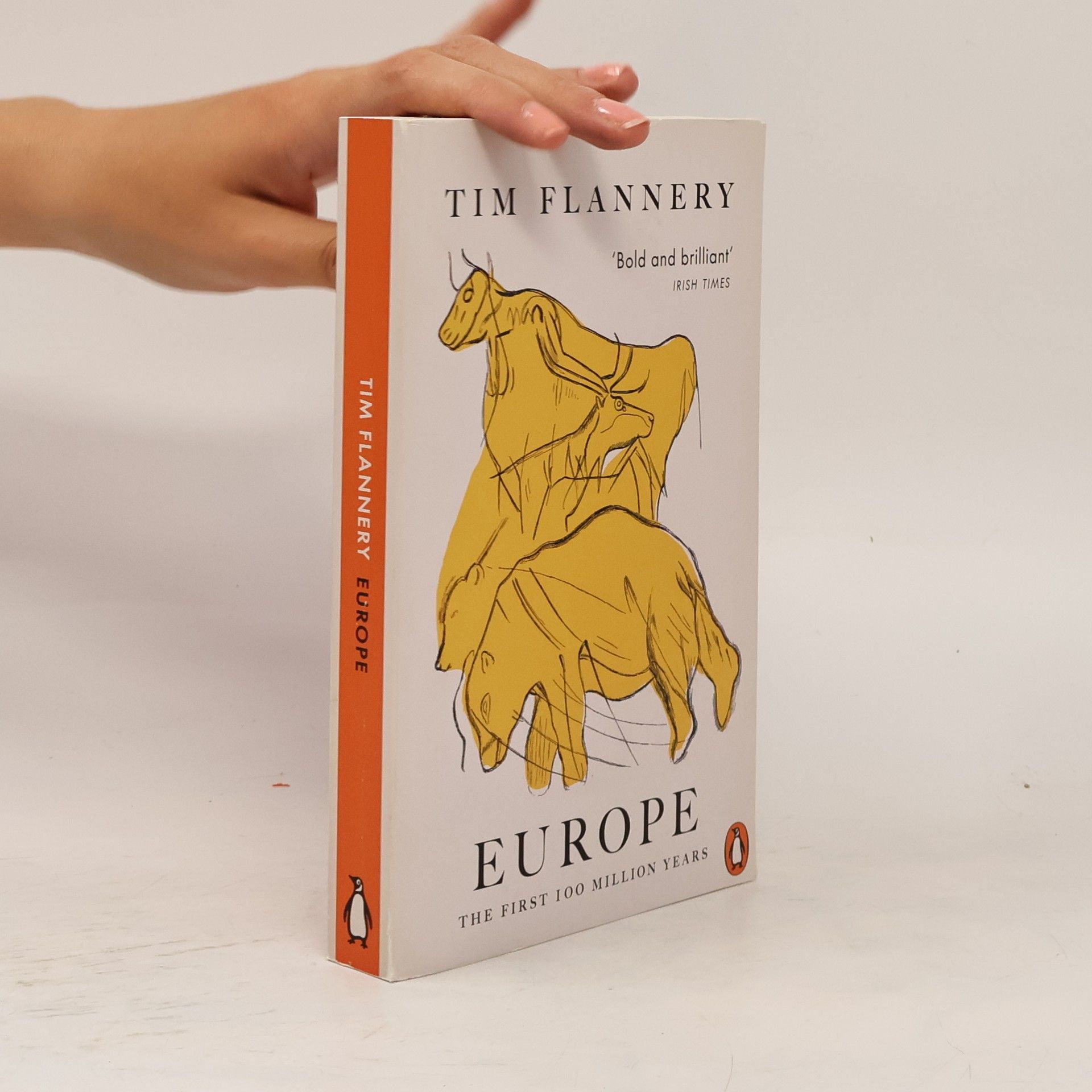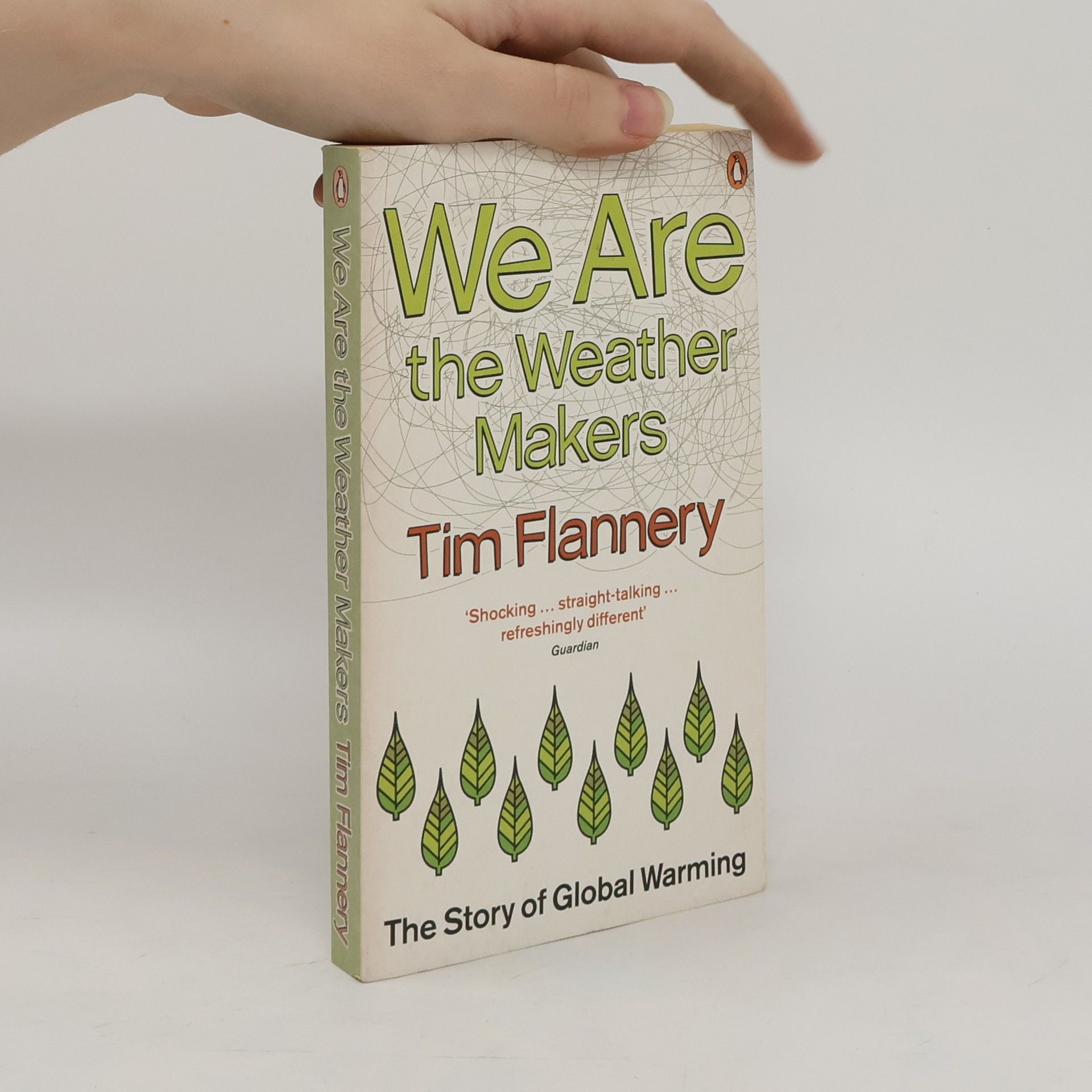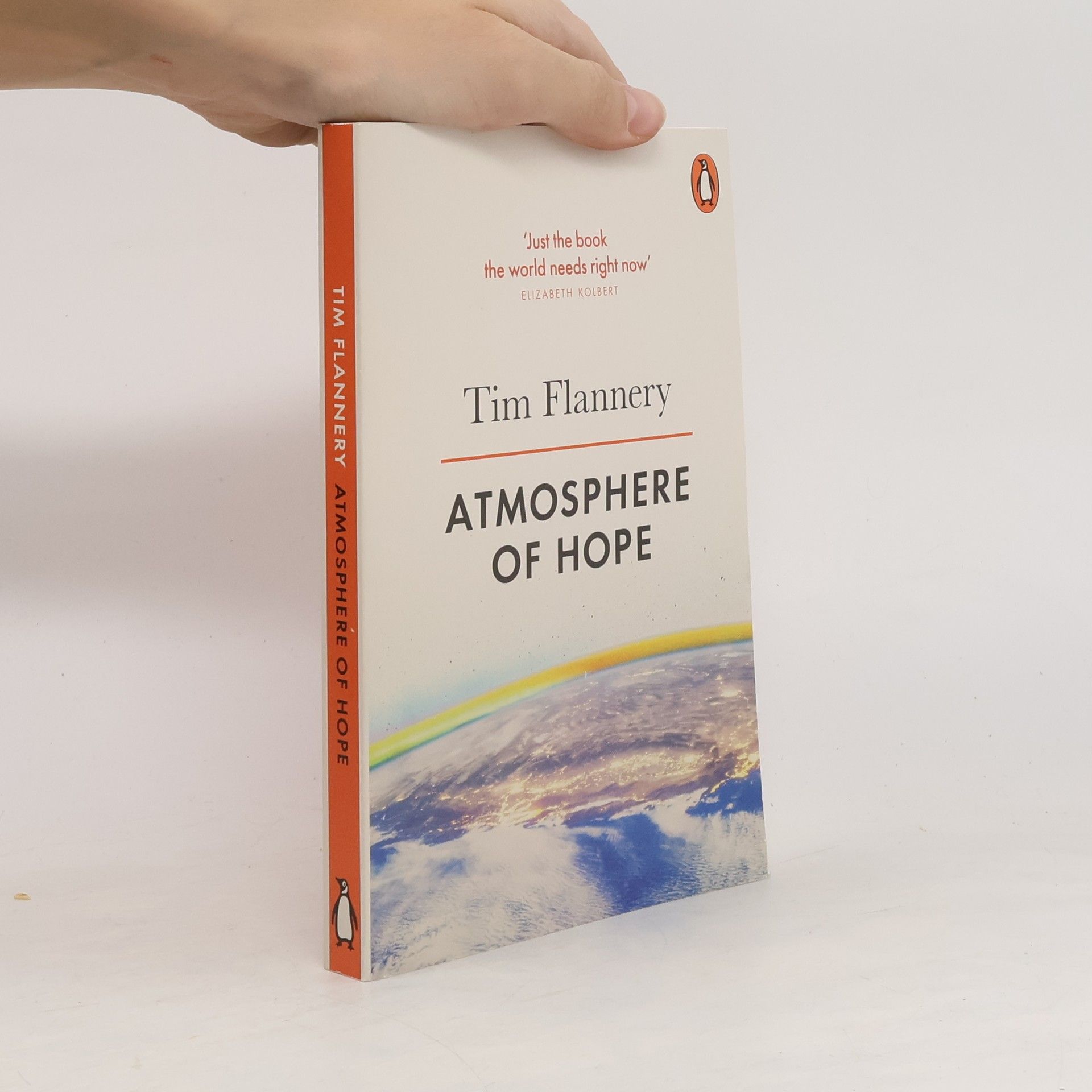Enquêtes et Témoignages
Il était minuit cinq à Bhopal. La Rage au cœur. Un naturaliste chez les Papous. Profession: profileuse
Minuit cinq dans la nuit de 2 au 3 décembre 1984, un nuage de gaz toxique s'échappe d'une usine de pesticides à Bhopal, entraînant entre seize et trente mille morts et cinq cent mille blessés, marquant la plus meurtrière catastrophe industrielle de l'histoire. Ce récit explore l'aventure humaine et technologique qui a conduit à cette tragédie. On y découvre une famille de paysans indiens chassée de sa terre par des pucerons, trois entomologistes new-yorkais développant un pesticide miracle, et un géant de la chimie créant un gaz mortel pour sa fabrication. Des jeunes ingénieurs occidentaux s'efforcent de sauver le tiers-monde de la famine, tandis qu'une usine, décrite comme "aussi innocente qu'une fabrique de chocolats", cache un drame imminent. Les fêtes des habitants d'un bidonville, les interactions entre eunuques et princesses, et un ouvrier passionné de poésie qui déclenche l'apocalypse, s'entrelacent avec le dévouement d'héroïques médecins. Une jeune mariée échappe aux flammes grâce à une croix autour de son cou. Des centaines de personnages et de situations se croisent dans cette fresque d'amour, d'héroïsme et d'espoir, soulignant une tragédie contemporaine et un avertissement pour l'avenir de notre planète.









